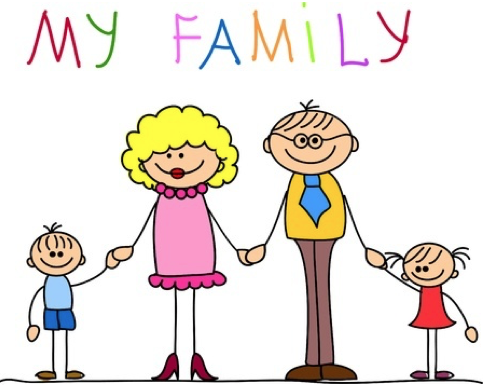Children have Legal Rights too
 Scots law says you can’t disinherit your children. This isn’t quite as simple as is seems and there are a number of “ifs” “ands” and “buts” you need to think about when dealing with a child’s entitlement to inherit a part of their parent’s estate. The law in Scotland sets out how the rights of spouses, civil partners and children to share in the estate of their parents are protected.
Scots law says you can’t disinherit your children. This isn’t quite as simple as is seems and there are a number of “ifs” “ands” and “buts” you need to think about when dealing with a child’s entitlement to inherit a part of their parent’s estate. The law in Scotland sets out how the rights of spouses, civil partners and children to share in the estate of their parents are protected.
Legal Rights in Scotland are an automatic entitlement enjoyed by the surviving spouse or civil partner AND any children (including adopted and illegitimate children). This can come as something of a surprise to those making a Will!
This article considers the rights of the children.
This area of the law can be fairly compled and this article will give you a brief overview of the position. For a more detailed discussion, please contact us and arrange an appointment.
Children’s Legal Rights
Children enjoy Legal Rights to the estate of their parent whether their parent leaves a Will or not. There is no need for the child to apply to the court to secure these rights. Legal Rights apply to the moveable estate (cash, shares, cars, jewellery etc.) of the parent only – not to what is known as heritable property (generally land and buildings).
There are also two scenarios that apply. The first is when the parent dies leaving no Will and the second is where the parent has made a Will.
Where there is no Will
Where the parent dies without leaving a Will, before Legal Rights can be considered, any spouse or civil partner is entitled to what are called Prior Rights. Prior Rights dictate that the surviving spouse is entitled to:
- the family home (up to a certain value – currently £473,000)
- the furniture in that home (up to a certain value – currently £29,000), and
- a cash sum of money (again, up to a certain value – currently £50,000 if there are children, £89,000 of there are no children).
If the value of the estate is within the current limits for Prior Rights, then the entire estate will be exhausted by these and there will be nothing left for Legal Rights.
If there is moveable estate left after the Prior rights have been exhausted, it will be divided as follows:
- The spouse or civil partner is entitled to receive one third of the remaining estate,
- Any child or children are entitled to receive one third of the remaining estate divided equally amongst them
After satisfaction of the Legal Rights, in is example, any child or children are entitled to the remainder of the estate irrespective if it is made up of heritable or moveable property.
You should also be aware that if a child has died before their parent and that child had children, those children are entitled to their parent’s share in their grandparents estate equally between or amongst them.
If there is no spouse or civil partner, then the entire estate goes to any child or children equally amongst them.
Where there is a Will
It is, perhaps, helpful to take a step back to when the Will is prepared to understand the application of Legal Rights when there is a Will.
The granter of the Will should always remember when preparing the Will that:
- if you have no children –
your spouse or civil partner is entitled to one half of your moveable estate, or,
- if you have children but your spouse or civil partner has predeceased you –
your children are entitled to one half of your moveable estate, or
- if you do have children –
your spouse or civil partner is entitled to one third of your moveable estate and your child or children is or are entitled to one third of your moveable estate.
Remember that this relates to the automatic rights to your moveable estate and not your heritable estate.
However, when one of the above categories of beneficiary makes a claim for Legal Rights, they forego any provision made for them in the Will – they cannot seek to have both benefits.
There is a very helpful article on the Scottish Government Web site on Rights of Succession (but please ignore the figures quoted because these are now out of date!).
We hope this article has given you an understanding into the complexity some of the things solicitors need to take into account when advising clients on preparing their Wills or in winding up an Estate in an Executry Case. This is a very brief overview of the law as it currently stands.
Contact our experienced Private Client Solicitors
For specific guidance on your own situation, we will be pleased to provide help and advice. Call us on 0141 887 5271 (Paisley) or 0141 886 5678 (Renfrew).
